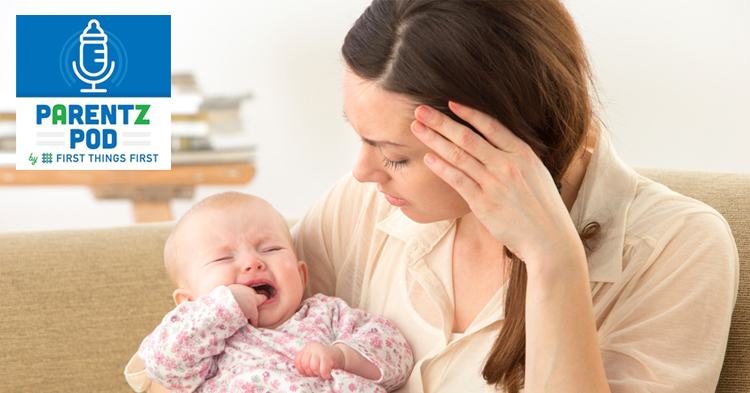Category: Blog
Category: Blog
Self Regulation Series Episode 4: Recognizing Stressors
We continue our Self-Regulation learning series with a short video on recognizing some of our own personal stressors. Keep working on your “Stress Inventory” worksheet as you will need to refer back to it in our next videos.
Read MoreSelf Regulation Series Episode 3: The Stress Inventory
Here is where you get to start and learn a little more about yourself and what your stressors are. You will need to download and print out the documents to follow along, and a little bit of homework is involved. Download your documents here. Please enjoy this video and remember to click “like” and “subscribe”.
Read MoreSelf Regulation Series Episode 2: The 5 Domains of Stress
Our second episode is all about “The 5 Domains of Stress”. Biological Domain Emotional Domain Cognitive Domain Social Domain Pro-Social Domain Please like and subscribe. Remember to “ring the bell” to receive notifications when the new episodes are published.
Read MoreSelf-Regulation Series Episode 1: The Science of Stress
At Wild Rose Caregivers we like to think of ourselves as “stress detectives”. We believe that every behaviour is a way of communicating something. To learn about how stressors can affect the way that people react to different situations, we first have to understand ourselves. Dr. Stuart Shanker founded the Mehrit Centre and developed a
Read More
